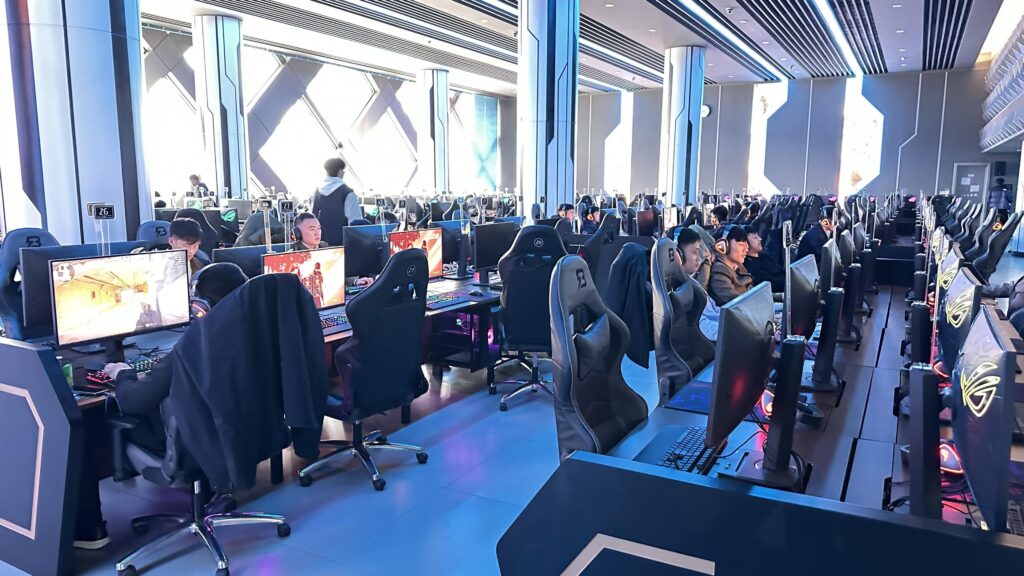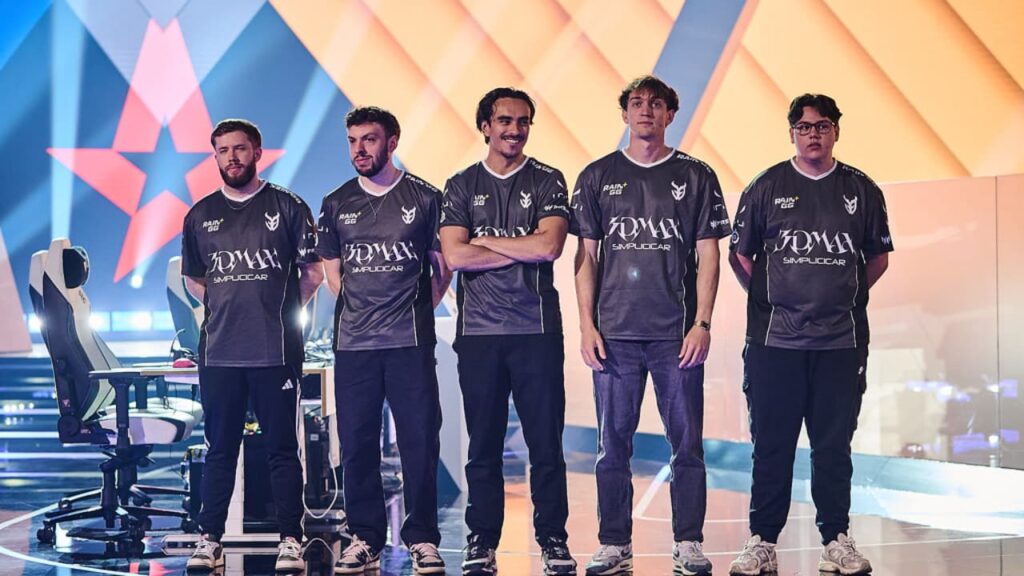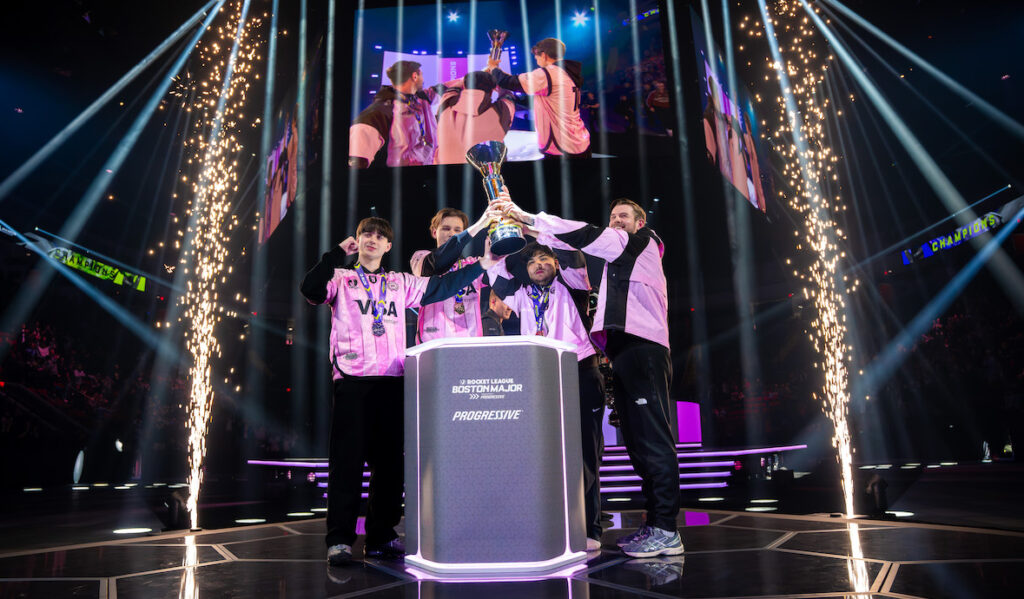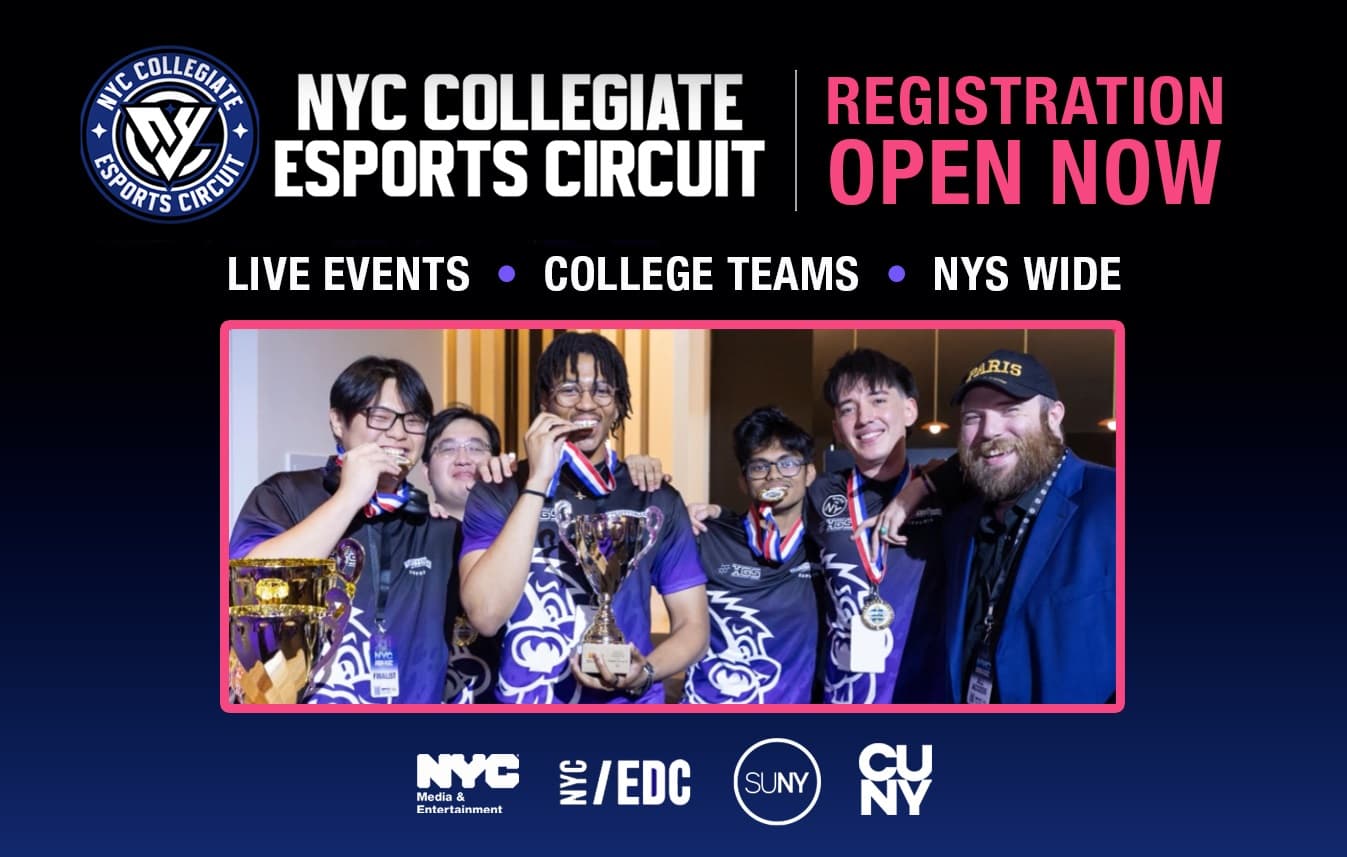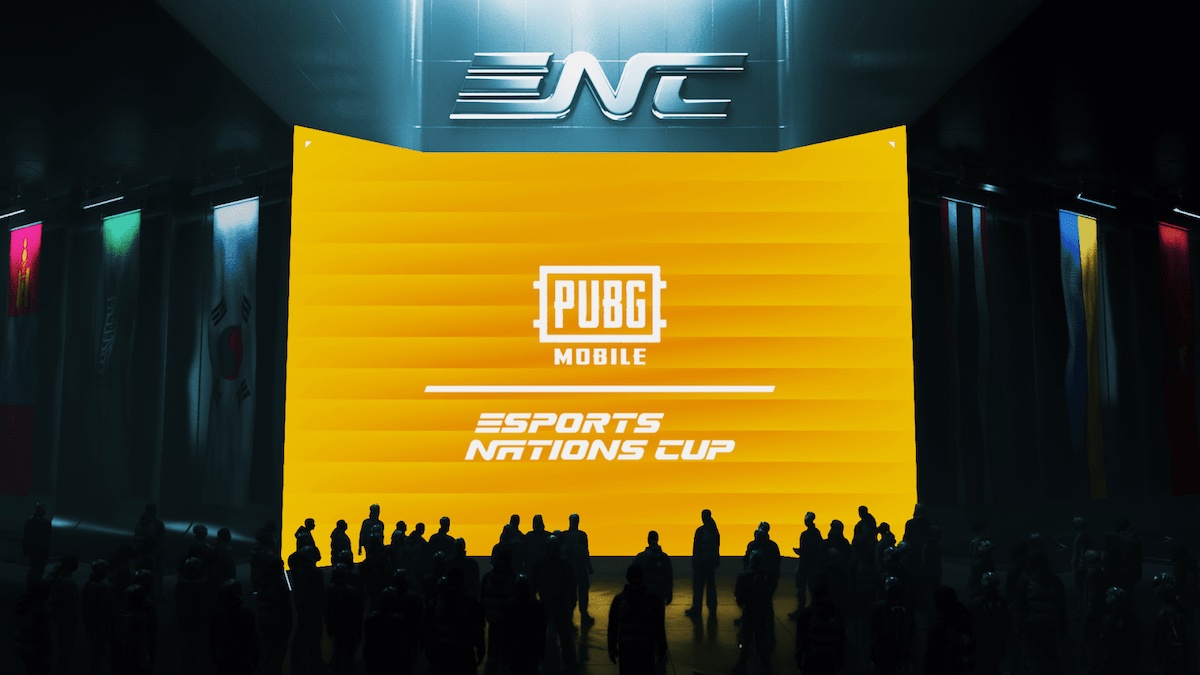A gaming PC café in Pyongyang, North Korea, offers access to popular esports titles like Counter-Strike 2 (CS2) and Dota 2 in modified, offline versions.
X user Sally Yin (@JustCherry__) provides a rare look into digital entertainment within the country, operating on a membership system and a LAN-only network without access to the internet or platforms like Steam. According to social media posts, the venue charges around $2 per hour and has a selection of around 70 classic games.
Key to the offering are the modified versions of major esports games. “They modified Dota 2 and CS:GO into single-player [offline] versions that can connect over a LAN,” Yin stated. Although she describes turning team-based titles into a conflicting idea of “single-player LAN versions” and refers to Counter-Strike: Global Offensive (CS:GO) while her photos show the available game is actually CS2, the discrepancies are possibly due to her self-admitted lack of proficiency in gaming.
The images also show monitors branded with the ASUS Republic of Gamers (ASUS ROG) logo.
Also read: Esports in India: A late arrival or the next global powerhouse?
The café operates using a membership card system, with one card type restricted to night-use only and another allowing all-day access. The computers do not provide general web browsing capabilities. Instead, they are connected via a local area network (LAN) for gaming purposes. While the country has internet access and the user reports being even possible to post from a local IP, it is noted that most of North Koreans use the country’s domestic intranet.
“That means all the players in one room are in the same café, even if you don’t know which computer your teammates are on.” She confirmed that the games ran smoothly and that players could switch between several languages, including English, Korean, and Chinese.
Yin also observed that the café grew busier with local North Koreans as the day progressed and noted the players’ proficiency. “They’re skilled gamers, making multiplayer so much fun,” she said. One specific detail mentioned was a room in CS2 named “ikun,” which Yin suggested indicated the influence of someone familiar with Chinese culture.
This facility demonstrates a specific approach to digital entertainment, where international titles are integrated into a localised network. The gaming experience is facilitated entirely through a LAN, creating a community space that functions separately from the internet at large.



